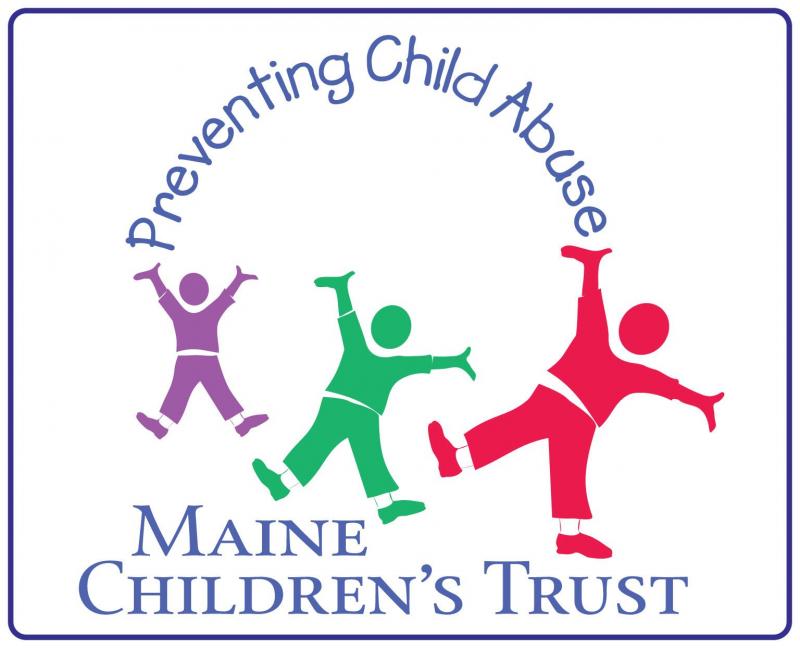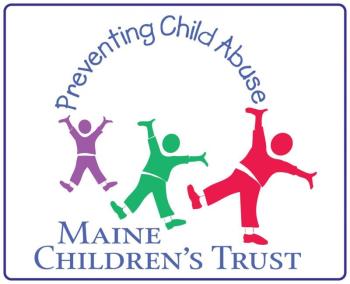Maine Children’s Trust donations grow following Stockton Spring girl’s death
AUGUSTA — Maine Children’s Trust, a nonprofit dedicated to supporting efforts that prevent child abuse and neglect, recorded an increase in donations after being named as the beneficiary of any memorial donations made in honor of Marissa Kennedy, the 10-year-old Stockton Springs girl allegedly beaten to death by her mother and stepfather in late February.
The request was featured in an online obituary for the young girl, which read in part: “Her smile would light up the room. She was the love of our lives.”
Marissa was found deceased Feb. 25, after months of daily abuse, allegedly at the hands of mother Sharon Carrillo, 33, and stepfather Julio Carrillo, 51. Both were arrested Feb. 26, and charged with depraved indifference murder. Both were formally indicted by a Waldo County Grand Jury March 15 and remain in custody at Two Bridges Regional Jail in Wiscasset.
At the end of her obituary, Marissa’s maternal grandparents requested that in lieu of flowers, donations be made to Maine Children’s Trust (MCT).
MCT sees anywhere from $500 to $5,000 in unsolicited donations on an annual basis, according to the organization’s Executive Director Kate Perkins. In the five days following the publishing of Marissa’s obituary, MCT received $2,500 in unsolicited donations.
The funds donated in Marissa’s honor will be used exclusively in Waldo County and Penobscot County at the request of her grandparents. Marissa lived in Both Bangor and Stockton Springs during her time in Maine. She was buried in Newburgh, New York, March 10, where she reportedly spent part of her childhood.
“It was really quite remarkable,” Perkins said, of the effect of the family’s request.
Perkins said that in a brief letter to MCT, Marissa’s grandparents wrote, ‘if they can save a single child from the horrors of abuse then [Marissa’s] death will not have been in vain.’
“It’s just very kind and they’re an amazing couple,” she said of Joe and Roseann Kennedy, who have been involved in the case since the very beginning, according to Sharon Carrillo’s lawyer Chris MacLean.
Perkins said MCT is very grateful and honored by the request.
About Maine Children’s Trust
MCT was originally part of the Maine state government when initially formed in 1985, but legislation passed in 1994 making MCT a separate nonprofit. State legislation defines the board’s makeup, in addition to general organization rules and establishing several mandates and requirements for MCT, according to the website.
Funding is primarily through a federal grant authorized under the Child Abuse and Prevention Treatment Act. MCT is directed by the governor to be the lead agency in Maine charged to administer this Community Based Child Abuse Prevention grant. The amount of that grant varies, according to MCT.
The nonprofit also relies on private and corporate donations to leverage government grants.
Perkins said services that are delivered locally by people who live in their respective communities are typically the most effective way of supporting communities, families, and children. For this reason, counties have their own Child Abuse and Neglect (CAN) councils, consisting of local people who implement specific programming.
In 2015, according to the most recent tax records, MCT distributed $2.8 million to many local social service nonprofits around the state.
MCT typically determines the programming contents based on community need, with programs and materials typically standardized across the state. There is a multitude of programs addressing everything from the Period of Purple Crying to Safe Sleep Initiatives. MCT trains local councils and agencies on how to use the programming in their communities.
Perkins said that MCT basically operates as a two-tier system, whereby CAN councils at the county level to coordinate and provide programming and services to families, while MCT serves as an entity that provides core services that are shared across CAN agencies. MCT also serves as a conduit for funding, in addition to best practices and information.
One recently launched MCT initiative is Cribs for Kids, which is a national initiative to ensure that infants have safe sleeping environments in their homes.
Perkins said it became clear through the initiative that there were a lot of families across Maine that didn’t have a safe place for their infant(s) to sleep.
MCT is working with hospitals to identify any families that may not have a safe sleeping arrangement for their newborn infants.
The Cribs for Kids program provides both a free Cribette to families and an hour of infancy sleep education. Advocates will try to reach identified families before they are discharged, but the Cribette and education can also be brought to a private residence. In addition to providing education and a Cribette, the meeting serves as a chance to establish communication between new families and the local resources available to help them.
Perkins said she hopes the initiative can help prevent infant smothering deaths due to improper bedding, including excessive blankets and other items left in a sleeping area.
Other programs supported by MCT include Strengthening Maine Families, which trains professionals, including childcare providers, in how to work with families and parents to assist them in developing strengths and protective factors.
The Period of Purple Crying is the Statewide Shaken Baby Prevention Program and was developed by the National Center on Shaken Baby Syndrome. According to MCT, the program is fully implemented in every birthing facility in Maine and provides information and relevant materials at every birth. The materials include information on infant crying, coping and soothing techniques, and the dangers of shaking a baby.
Shaken baby syndrome is a serious brain injury that is the result of forcefully shaking an infant or toddler and can lead to permanent brain damage or death, according to the Mayo Clinic.
When news broke of Marissa Kennedy’s death, members of MCT were just as distressed as the rest of the state, according to Perkins, who said, “It’s just heartbreaking to think that this could happen to any child.”
Perkins said the death of Marissa Kennedy, combined with the December 2017 death of 4-year-old Kendall Chick in Wiscasset, have led to heightened statewide visibility.
“Having the two [children’s] deaths happen so close together, I think has amplified the statewide conversation in a way that’s really vital, because this is a topic that doesn’t get much attention in the absence of tragedy, and yet there are a lot of people who are trying to prevent [abuse and neglect] day in and day out, all year round,” she said.
There is a role for everyone to play in improving the issue of child abuse and neglect, according to Perkins, who pointed to a recently formed diaper bank as an example of a community coming together to help.
The diaper bank provides access to clean diapers for families in need, a need that can put additional stress on families already struggling to stay afloat.
“[Child abuse and neglect] is a complicated problem and there is a role for all of us, and for some that role is being a direct service provider, and for some of us that role is being on the other end of a phone when a parent calls and says, ‘I’m losing perspective, help,’ and for others of us its, you know, I can buy a bunch of diapers and give them to the diaper bank,” Perkins said.
“There’s a tradition in which you talk about gifts of time, talent, and treasure,” she said before adding, “there are many kinds of things that can be offered up to help make this better and it does take all of us doing our piece.”
Additional information about the Maine Children’s Trust.
Erica Thoms can be reached at news@penbaypilot.com
Event Date
Address
United States





























